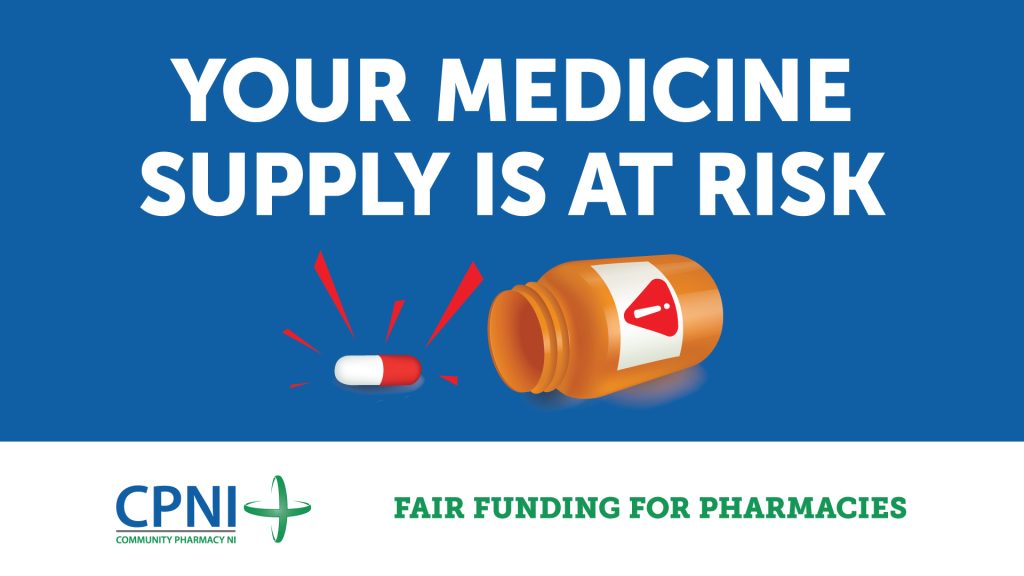Community pharmacy teams have administered over 10,000 COVID-19 vaccinations across 432 care homes in Northern Ireland since late April 2024.
As the spring booster programme ended on Sunday, 30 June it marked the second year of which community pharmacy teams were the sole providers of this service, achieving 98 per cent care home coverage across Northern Ireland. These vaccinations were a key part of the wider community vaccination programme aimed at boosting the protection for adults aged 75 and over and those who were immunosuppressed, with vaccinations also administered in local community pharmacies.
Community Pharmacy NI has commended pharmacists and their teams for the widespread delivery of this vital service, hailing its success as further evidence of the efficient, high-quality pharmacy expertise available locally.
Commenting on the Spring Vaccination Programme, Chief Executive of Community Pharmacy NI Gerard Greene said:
“We have once again seen community pharmacy play a key role in protecting some of the most vulnerable people in our society and the success of the programme is a testament to the hard work and dedication of community pharmacy teams across Northern Ireland.
He continued, there has been some discussion about the possibility of a summer COVID wave, and it is reassuring to know that through the vaccination programme,care homes residents will be better protected, providing that extra reassurance for family members visiting over the summer period.
Community pharmacy’s accessibility and capability to administer this volume of vaccinations is further proof that if the network is funded appropriately, pharmacy teams across Northern Ireland could do a lot more to ease pressures on the health service and provide expert, trusted healthcare in the heart of the community”.



